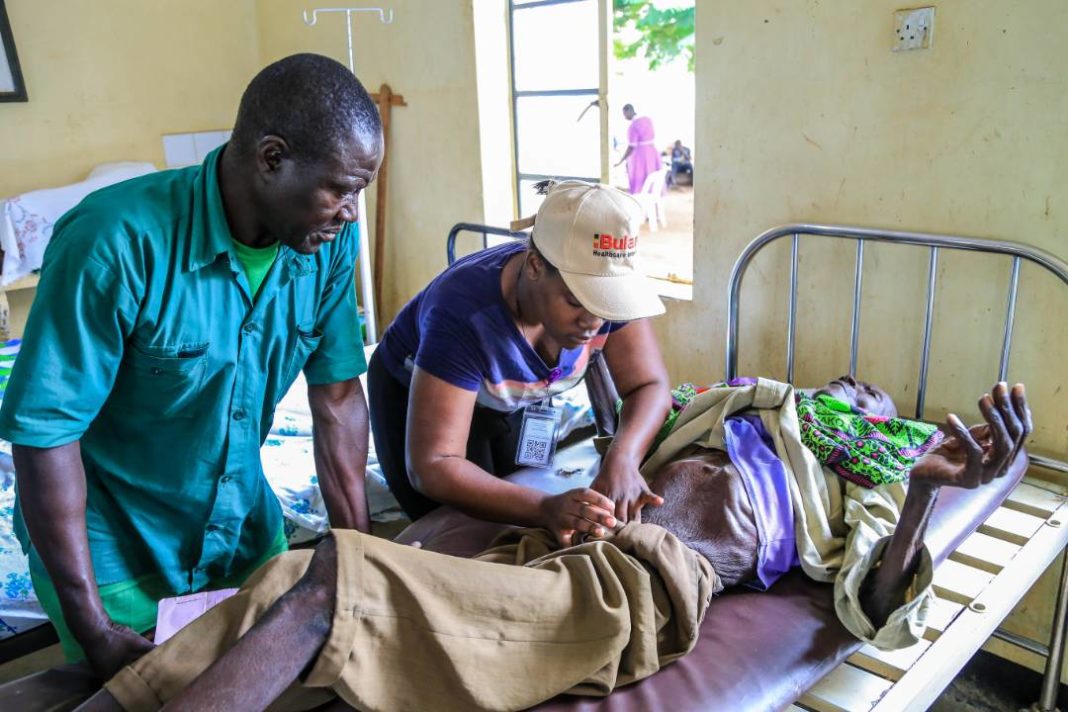Public services are a critical point of interaction between government and citizens. One of the primary needs citizens have from their government is the equitable provision of water, education and healthcare.
These services are central to citizens’ lives and are also the most common point at which citizens encounter their government and make judgments about its performance.
The majority of Ugandans name health as one of the three most pressing challenges for the country. Six in ten citizens (59 per cent) cite poor health services as one of the top three problems facing Uganda today, more than for any other issue. About 65 per cent of the citizens think the government is managing health services badly.
According to the survey, half of Ugandans (51 per cent) report making use of a government health facility the last time they were sick or injured. While there, the majority do not encounter long waiting times (experienced by 30 percent) or lack of medicine or supplies (experienced by 29 per cent).
Other problems at health facilities including lack of attention or respect from staff (18 per cent), expensive services (18 per cent), or patients sleeping on the floor (16 per cent) are reported by less than one out of five citizens. And many citizens (46 per cent) report being asked or expected to pay bribes for health services.
Despite this, few citizens take action to address health services: less than 4 out of 10 raise the issue in community meetings (26 per cent), 36 per cent talk to authorities, and only 5 per cent call in to radio programs.
This data were collected from 2,000 respondents in the baseline survey of the Sauti za Wananchi panel, conducted in August and September 2017.
However, government has been relatively slow to address public concerns at all stages of service delivery and this has been due to incompetent officials, corruption and being reluctant to follow up on the issues.
The Ministry of Health announced plans to introduce a National Health Insurance Scheme where all Ugandan residents would be required to a have a health insurance policy. The scheme was expected to start in the 2012 financial year but it has not yet been effective.





